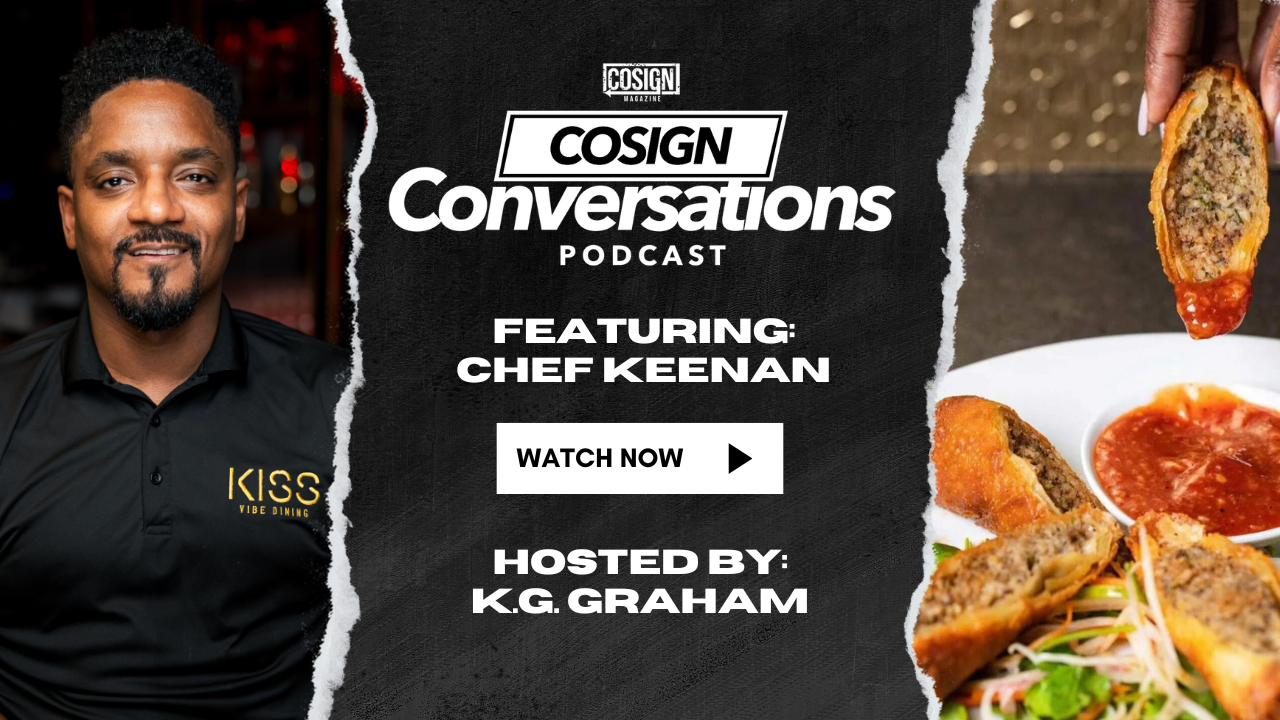Written by Justin Lamar | @itsjustinlamar
Hitmaking is an art form that draws the line between many good artists and many successful artists. The ability to continuously put out dope records not only secures longevity in the music industry but also places an artist in a position to control the wave when it comes to music. Pay attention to the first line mentioned: “hitmaking draws the line between GOOD artists and SUCCESSFUL artists”. There are many artists that master elements like songwriting, musical instruments, and even engineering/production. These are the good artists who ooze musical talent, yet have made not one single hit record. Then there are your successful artists who cannot sing in live performances, write their own songs, and play zero instruments… yet have several Billboard chart records along with the money to stand behind it. These successful artists aren’t discredited for their work and these scenarios are not always the case. However, from an upcoming artist’s standpoint, many talented artists get beat out every time from never learning the recipe. I’m going to share a few key ingredients that cook up and serve a hot hit record even when it seems the taste has changed in the music industry.
First, let’s label what we call a “hit record”. Hit records are going to be defined in 3 categories: commercial success, media exposure, and culture. Simply, you know you have a hit record when it sells, spins, and connects with the people music tries to reach. Many think the actual content (i.e. lyrics) of a song actually matter when in our current era of music, content is not necessarily needed. Lastly, hit records happen FAST. Hits do not gradually build up, they come out and they boom once they hit the streams and radio waves. If it’s been 4 months and a song has not had a sizzle, there is definitely not enough fire on it. Here is where the recipe cooks up.
 Step 1: Start with A Half Pound of Production
Step 1: Start with A Half Pound of Production
Production is the meat and potatoes of a hit record. Whether it’s live instruments, samples or an 808 drumkit, having the right production behind a record can determine if the song will flourish or flop. Production depends on the genre of music an artist makes, and the flavor one brings as an artist to complement the production. Artist personality is vital on a well-produced track. If there is not enough artist swag on a track, your production becomes more famous than the artist. A dope artist on weak production takes away attention for most and leaves a song in the “ I didn’t know this song was fire until later” zone. For a hit record, consider musical production as your first impression every time. Choose the best impression or close down the kitchen.
Step 2: Sprinkle In A Dash of Hooks/Bridges
Hooks/Bridges are the seasonings on any record. Not only do hooks give your track flavor, but also shows the artist’s flavor as well. So much of a song catching on is the ability for a song to draw attention in quick. The creativity and persona of an artist shine in a hook and the model of having a great hook has not changed for years. From Teddy Pendergrass to T-Pain, Katy Perry to P. Diddy and Coldplay to Kanye, having an addictive hook adds flair and keeps a song around. Even Murphy Lee couldn’t escape this.
Step 3: Stir In Marketability
Records, like the best dishes, are all about great presentation. The music industry is like the world of Gordon Ramsey waiting to tear apart your track if it is not on point. The marketability of the artist presentation can make or break a record depending on if you understand the idea of being “remarkable”. Don’t get remarkable twisted with popular. You can be hated in the industry and still draw attention to your music. Cardi B’s bubbly yet realistic personality has made her an industry favorite and people want to see and talk about her success in music. Then there’s Tekashi 6ix9ine. 6ix9ine has developed a lot of hate from his online antics and past allegations yet he has still managed to have 5 songs reach the Billboards. Being remarkable is simply that; creating the attention worth remarks. Whether or not people enjoy what you cooked up is to personal taste, but how you present yourself depends on if other will give it a try.
 Step 4: Pay the Chef
Step 4: Pay the Chef
Money is the bread and butter, the kitchen, the restaurant, everything. A quality hit record has some form of money behind it. If an artist is not willing to invest behind a track, then there can’t be an expectation to get an audience to listen to it. Paying money for quality engineering, studio time, producers (yes let’s pay our producers), and money to get a song in the right hands can be a defining moment in whether you have a hit or not.
What are some of your qualities you look for in a hit record? Is there something missed? Let us know how artists should cook up!










